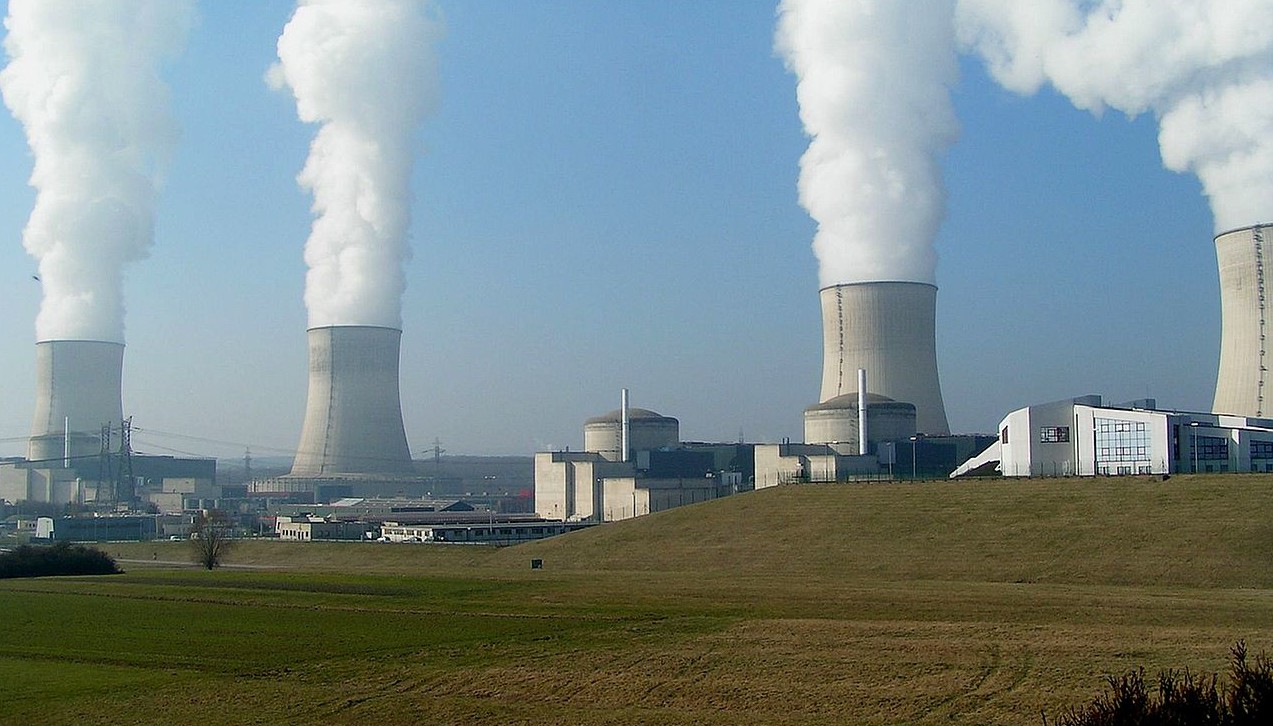This week, President Obama delivered a speech in which he outlined new measures to combat climate change. These include reductions in the amount of carbon dioxide that can be emitted by power plants, a greater emphasis on the dangers of climate change in the policymaking process, and an assurance that he won’t approve the Keystone XL pipeline if it “significantly” worsens climate change.
I’ve written on this blog before that the debate about the existence of climate change is over, although the debate about how to reduce climate change is important and difficult. Unfortunately, we’re still stuck in the first debate, bickering over whether climate change even exists.
The biggest reason for this impasse falls on the climate change “skeptics” who are in fact deniers of science. But I find fault with both sides. Many environmentalists are eager to paint energy companies as evil entities bent on corrupting our politics and poisoning our Earth. Josh Fox, an environmentalist filmmaker, said on a recent episode of Bill Maher’s show that the oil and gas industry is “lighting our democracy on fire.” Obviously, most advocates have strong views that they fervently express. And when confronted with powerful foes, like the energy industry, hyperbole can be one of the few weapons in an advocate’s arsenal to get people to care.
It could be argued that because climate change is such an important issue, and because polls indicate the public isn’t that concerned, harsh rhetoric is justified. But, as is the case with many controversial issues, this current debate only seems to be making both sides more entrenched. Joe Manchin, Democratic senator from West Virginia, labeled Obama’s speech as “war on America.” Manchin is just as guilty when it comes to overheated rhetoric. But being from a coal-producing state, his remarks have a certain logic.
Some environmentalists also like to argue that we have technology to produce clean, carbon-free energy, but dastardly corporations and cowardly governments are holding us back. This is a simplistic argument that does little to advance the climate change debate. A 2009 Scientific American article makes a compelling case that completely powering the planet with renewable energy is possible. But the authors nuance their argument with caveats about the challenges facing this project. For example, some current renewable technology, such as some components of wind turbines and photovoltaic cells, relies on scarce materials, and the supply of wind and solar power is variable. Technological developments such as better batteries and fuel cells will be required in order to harness alternate energy sources, and all of this infrastructure will be extremely expensive.
These scientific challenges only hint at the larger political issues. As the number of blue-collar jobs shrinks, many states and communities rely on the traditional energy sector. Combating climate change not only requires these communities to buy in, but the entire world to cooperate. There is a hypocrisy in the United States, a country built on cheap and dirty energy, telling the developing world how to power themselves in this competitive global economy. Environmentalism has to recognize these challenges, or it risks becoming a luxury of a smug slice of the middle and upper class.
Obama’s speech struck the right tone, by emphasizing that climate change is real and must be considered in almost all policy decisions, while stopping short of lapsing into hysterical rhetoric. When considering things like the Keystone XL pipeline or limits on carbon emissions, hopefully the president can follow through on his promise and let science, rather than overheated advocates on both sides, be his guide.
I think an even better way to frame this debate is to present climate change as this generation’s space race. Reports from the Pentagon have already labeled climate change a threat to national security. The space race began as a mad scramble to catch up to the Soviet Union, but this defense framing was overtaken by the wonder and pride Americans felt at the accomplishments of NASA. Climate change technology might not be as inspiring as a man on the moon, but envisioning a future filled with self-driving electric cars, cleaner air, and less reliance on foreign oil is an exciting future. Climate change can only be tackled with popular support, substantial investment, and advances in science and technology; but environmentalists have to realize that ranting at oil and gas companies is not productive and does not move us closer to finding a solution.
